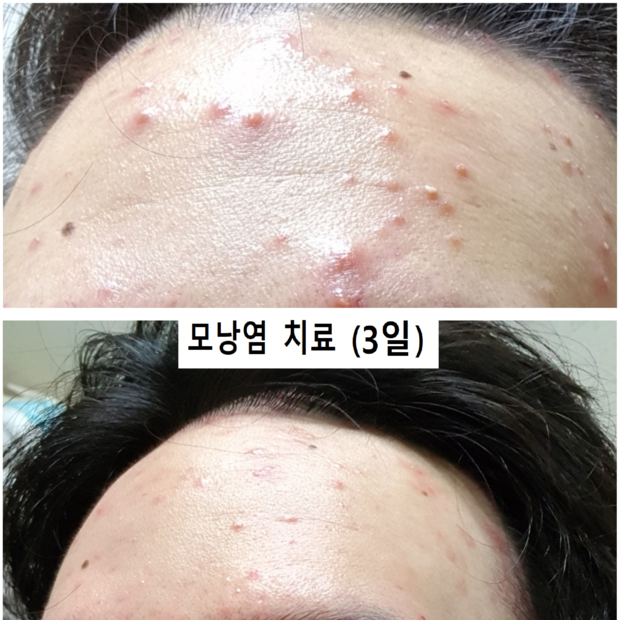Crohn’s disease and ulcerative colitis belong to the rare and incurable diseases category.
Irritable bowel syndrome (inflammatory bowel disease) is an intestinal disease mainly caused by harmful bacteria invasion. It causes Crohn’s disease and ulcerative colitis.
Crohn’s disease appears widely and partially in the digestive organs of the intestines, and ulcerative colitis is especially distributed in the large intestine, so both commonly cause indigestion, diarrhea, bloody stool, weight loss, and in severe cases, colon cancer.
We need strong lactic acid bacteria that settle in our intestines to suppress harmful bacteria and increase beneficial bacteria. Lactic acid bacteria, which are plant-based lactic acid bacteria stronger than animal-based lactic acid bacteria, are known to be excellent.
Irritable bowel syndrome is a symptom that occurs when there are many harmful bacteria in the intestines, such as intestinal gas production, belching, abdominal distension, abdominal pain, and diarrhea. It is a symptom that occurs in the intestines, such as frequent diarrhea, sudden gas in the stomach, and abdominal pain. Stress in daily life can cause atrophy of the gastrointestinal organs or intestinal functions, and can also cause abnormalities in the secretion of digestive enzymes or gastric acid, and symptoms such as belching or gas production.
The human body is a bacterial forest, or biome in English.
In other words, when I am tired, the bacteria in my body are also stressed, so you can see that the intestines are sensitive to that.
Therefore, it is no exaggeration to say that all of us living in the modern era are exposed to intestinal skin troubles.
Intestinal health is that important as a measure of health.
The intestinal environment changes frequently depending on the amount and type of food eaten that day, intestinal movement and absorption, deep sleep, water content, and mental stress.
In the large intestine, carbohydrates are fermented by harmful bacteria to produce gases such as hydrogen, carbon dioxide, and methane, and proteins decay to produce hydrogen sulfide, ammonia, etc., and depending on the differences in the intestinal environment of each person, they may remain in the intestines.
If the gas produced by harmful bacteria has risen to the top due to intestinal microorganisms among the decomposition products during food digestion in the small intestine, it is important to change the intestinal environment to one centered on beneficial bacteria.
Irritable bowel syndrome, which causes constant pain, has intestinal mucosa that is responsible for digestion and maintenance of existing E. coli in the intestines, but these mucosa are damaged a lot by the colon syndrome and the shape of the mucosa is broken, causing many indigestion, diarrhea, bloody stool, and weight loss.
The beneficial bacteria that are powerfully active in the intestines protect the mucosa by covering it, thereby moving in the direction of improving digestion and allowing us to have smooth bowel movements.
Bloody stools that may occur as the disease progresses are called bloody stools when the mucous membranes break and the stools come out mixed with blood. Functional foods that cover the mucous membranes naturally show great effectiveness in preventing bloody stools.
It restores the normal digestive state before the onset and helps increase beneficial bacteria, cleans our intestines, and suppresses the growth of harmful bacteria.







